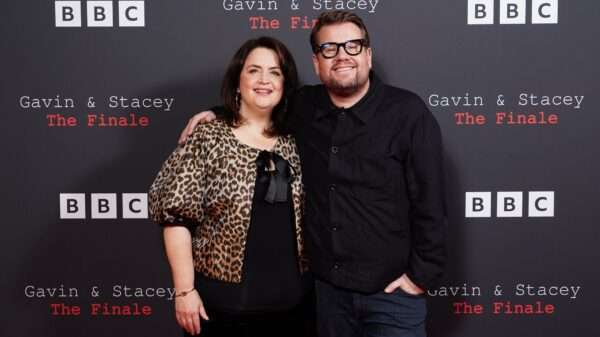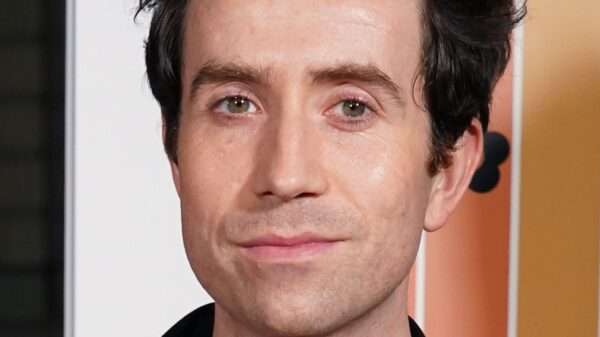Carol Vorderman, the former Countdown star, recently voiced her concerns about the pervasive “snobbery” within the television industry and expressed her dismay at the current state of the country. At 63, Vorderman, known for her sharp intellect and vibrant personality, did not hold back as she criticized the elitism that she believes permeates the media landscape. According to Vorderman, this sense of superiority among TV professionals not only alienates the public but also contributes to a deeper, more concerning disconnect between the media and the people it serves.
Vorderman lamented that many people today “feel lost” in a country she described as being in an “absolute mess.” She suggested that the way information is filtered through the news media plays a significant role in this sense of disorientation. The former TV presenter argued that the filter through which news is disseminated is often unrecognizable to the very audience it is supposed to inform. This, she implied, is a major factor contributing to the widespread feelings of frustration and confusion among the public.
Her comments point to a growing divide between the media and its audience, a divide that is being exacerbated by the perceived condescension of those who produce television content. Vorderman’s critique suggests that this snobbery is not just a matter of personal attitude but a systemic issue that affects the way information is curated and presented to the public. As a result, the media’s failure to connect with its audience on a meaningful level has led to a situation where many people feel disconnected from the narratives being pushed by mainstream outlets.
Vorderman’s observations come at a time when trust in media institutions is increasingly being questioned. Her remarks resonate with a broader sentiment of disenchantment with the traditional sources of news and entertainment. In a world where digital platforms and social media have become primary sources of information for many, the traditional TV industry, with its perceived elitism, risks becoming further out of touch with the general populace.
The sense of an “absolute mess” that Vorderman describes reflects not just a personal dissatisfaction but a more widespread concern about the direction in which the country is heading. Her comments suggest that this feeling of disarray is compounded by the media’s inability to effectively communicate and engage with the public. By highlighting the snobbery in the TV industry, Vorderman is drawing attention to a deeper issue of representation and inclusivity in the media. She implies that for the media to regain its relevance and trust, it must first address these underlying issues of elitism and disconnect.
Vorderman’s critique is a call to action for the media to reassess its role in society and to strive for a more inclusive and representative approach to information dissemination. In a time of social and political upheaval, her words serve as a reminder that the media’s primary responsibility is to inform and engage with the public, rather than to alienate or patronize them. Her pointed remarks are likely to spark further debate about the future of the television industry and its place in a rapidly changing world.









































